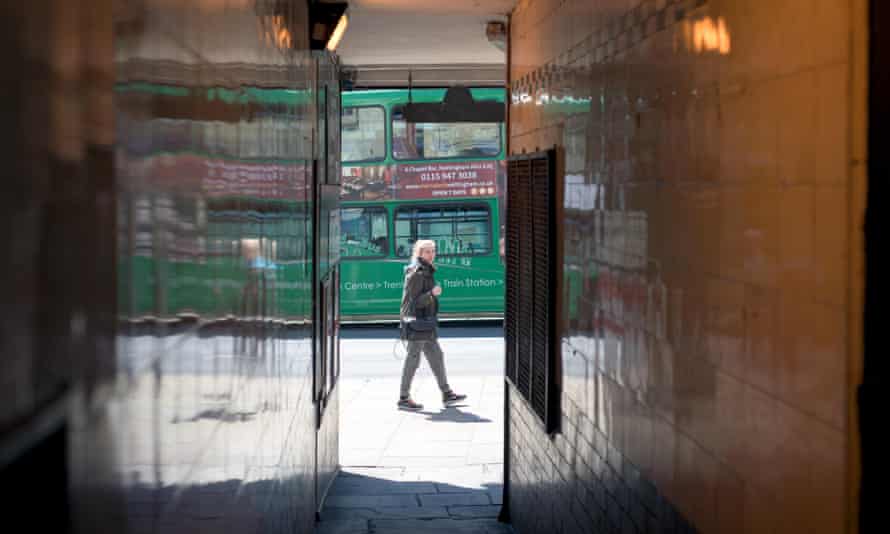
The way our cities and towns look and work reflects political priorities. In mid-19th century Paris, when Baron Haussmann was seeking public money for building his boulevards, he told the government that wide, open avenues would make it harder to riot and build barricades. In an age of urban insurrections at the heart of the French capital, that quickly opened up the public purse.
Following the killing of Sarah Everard, a different kind of revolution should be uppermost in our politicians’ minds. As an avalanche of female testimony over recent days has underlined, our public spaces do not sufficiently prioritise the wellbeing and safety of women. In a 2019 talk entitled The Feminist City, Dr Ellie Cosgrave, associate professor of urban innovation at University College London, said: “It is the multiple and constant threats that young women experience that tell us that the city is not a place where they belong.” The death of Ms Everard must be a watershed moment in generating the public will to change that reality.
Fundamental to this task is an acceptance by men that they must do more to mitigate a climate of insecurity. In an interview on Tuesday, Dr Cosgrave called for a national movement to train “active bystanders” in how to intervene where harassment is taking place. As she and campaigners such as Caroline Criado Perez have argued, women must also play an equal part in designing the infrastructure that shapes everyday life.
A chronic gender imbalance among urban planners has meant that certain problems are simply not seen, still less understood. From a lack of access to safe female toilets to overcrowded transport systems, which make women more vulnerable to hidden assault, unnecessary anxiety has been built into the lives of half the population.
In this context, the government’s belated commitment to fund better street lighting is welcome. Switching off street lights across Britain was an irresponsible way to save public money, as should have been acknowledged years ago. There were certainly sufficient warnings to that effect from women. But far more needs to be done to recalibrate urban priorities to foreground female concerns.
The design of our cities and towns must make women’s wellbeing and safety a priority
The underfunding and degradation of civic spaces, such as parks, sends an insidious message of community neglect, turning areas into threatening no-go zones. Underpasses and other hidden spaces, such as isolated parking areas, create situations of vulnerability. Possibilities of natural surveillance – external visibility – should be factored into all urban architecture, street planning and landscaping. Decisions should take women’s security and wellbeing into account as a matter of course. For this to happen, Britain needs to promote and train more female urban planners and civil engineers.
All being well, the public spaces of Britain will soon come alive again, as lockdown and social restrictions are phased out. Women must be given a far greater say in their future configuration.

World Opinions – The Guardian View




 World Opinion | Alternative Média Débats De Société, Questions, Opinions et Tribunes.. La Voix Des Sans-Voix | Alternative Média
World Opinion | Alternative Média Débats De Société, Questions, Opinions et Tribunes.. La Voix Des Sans-Voix | Alternative Média




